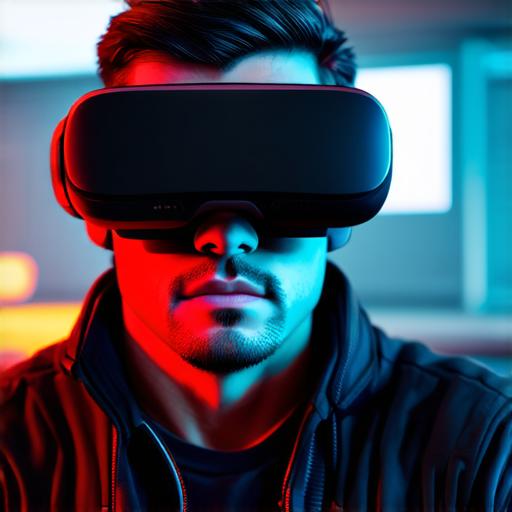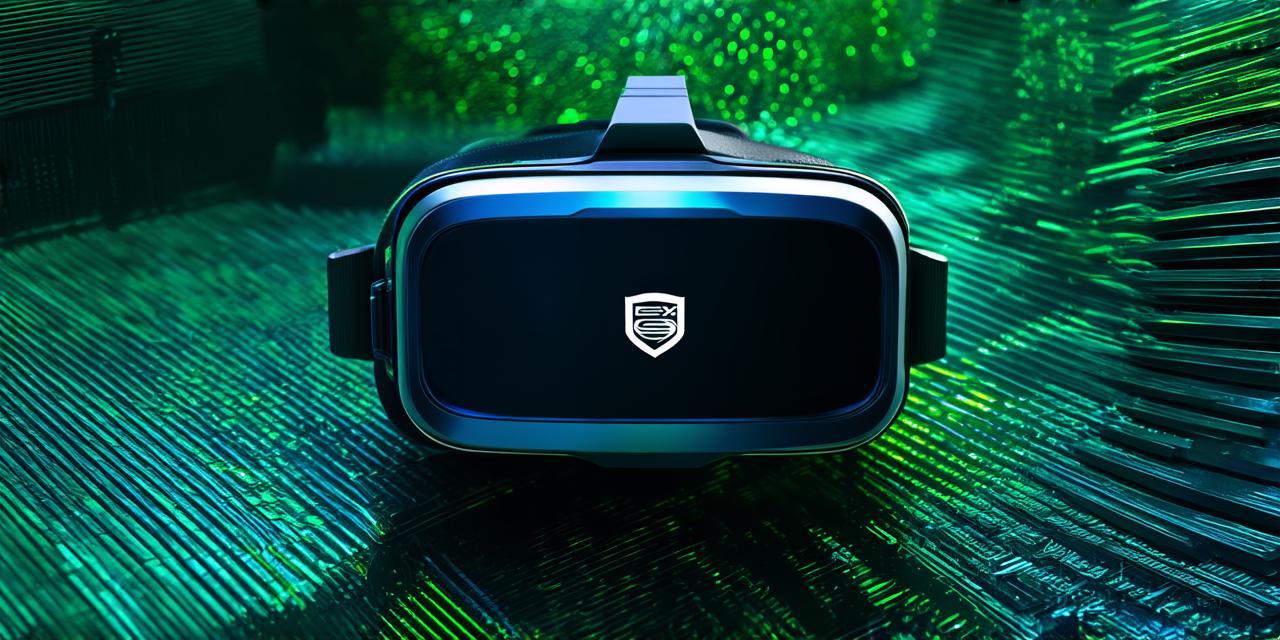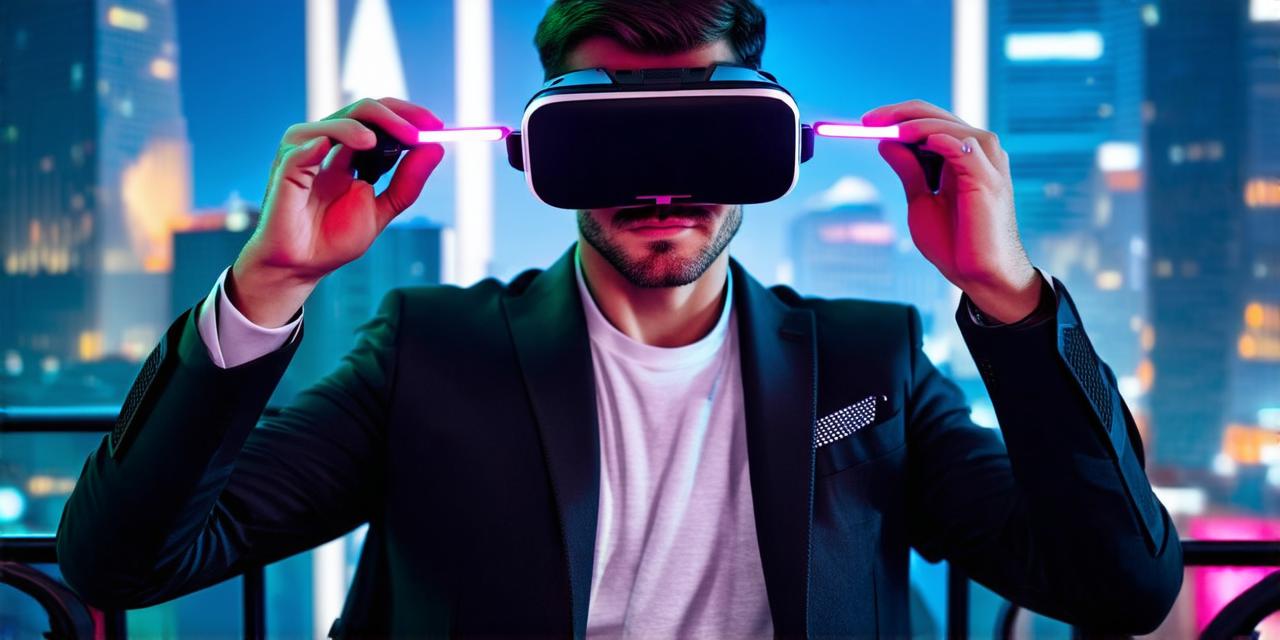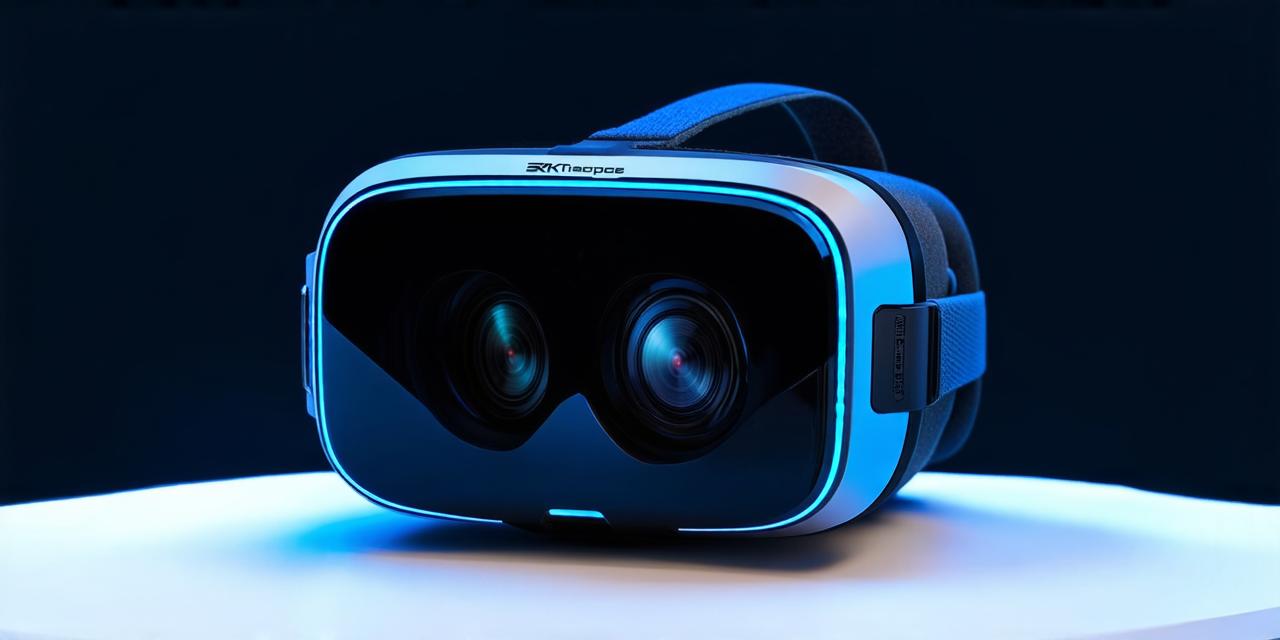Advancements in VR Hardware
One of the main drivers of advancements in VR technology has been the development of new hardware. Oculus VR is one of the leading companies in this space, having released several high-end VR headsets over the past few years. The latest of these is the Oculus Quest 2, which features a wireless design and improved performance compared to its predecessors.
Another key development has been the release of new haptic technologies that allow users to feel more immersed in virtual environments. These include gloves that can simulate the sensation of holding objects in VR, as well as advanced tracking systems that can track a user’s movements more accurately than ever before.
Advancements in VR Software
While hardware is important, software advancements have also played a significant role in driving innovation in VR technology. One area where this has been particularly noticeable is in the field of artificial intelligence (AI) and machine learning. These technologies are being used to improve everything from object recognition to natural language processing, making VR experiences more intuitive and interactive than ever before.
Another key advancement has been the development of new tools for creating VR content. These include 3D modeling software, virtual environment editors, and more. With these tools, developers are now able to create highly immersive and interactive experiences that were previously impossible with traditional game engines.

Potential Applications
With all of these advancements in VR technology, it’s clear that this field has the potential to be applied to a wide range of industries beyond gaming. For example, VR is already being used in education to create more engaging and interactive learning experiences. It’s also being explored for use in healthcare, where it could potentially be used to simulate surgical procedures or provide patients with a more immersive experience during therapy sessions.
Another area where VR technology has the potential to make a significant impact is in the field of tourism. Virtual tours of museums, historical sites, and other attractions are already being developed, allowing people from all over the world to experience these locations without ever having to leave their homes.
Conclusion
Overall, it’s clear that VR technology has come a long way in recent years, and there is still plenty of room for innovation and growth in this field. With continued advancements in both hardware and software, we can expect to see even more exciting applications for VR technology in the future. Whether you’re a gamer or someone looking for new ways to learn and experience the world, VR is definitely worth keeping an eye on.



